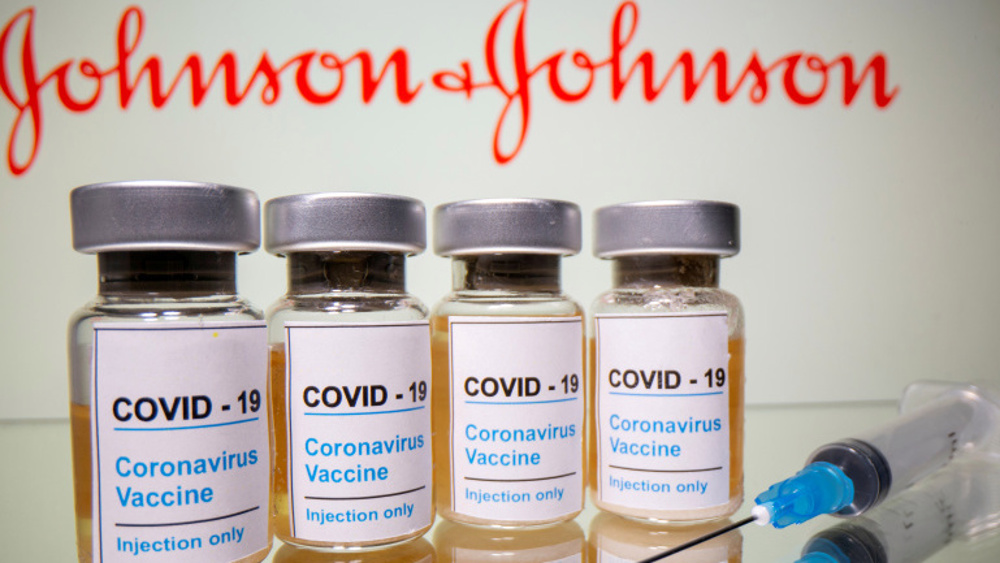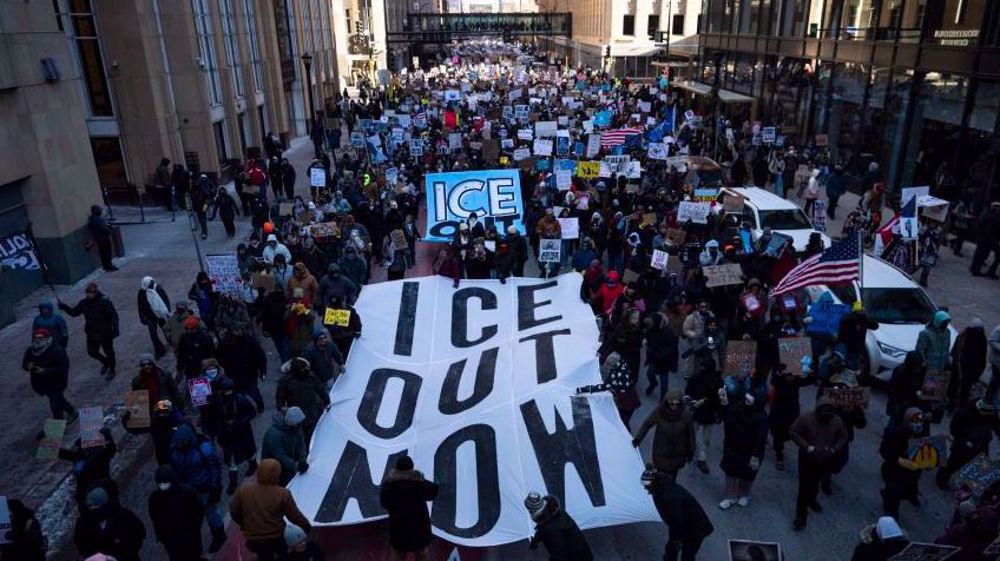Johnson & Johnson vaccine pause may exacerbate ‘vaccine hesitancy’ in US, experts say
The pause in the use of the Johnson & Johnson COVID-19 vaccine may lead to more “vaccine hesitancy” in the United States amid efforts by the Biden administration to save the country from the pandemic, according to some public health experts.
Although the White House has announced that it with replace the J&J vaccine with the Pfizer and Moderna vaccines, the experts maintain that these kind of news can deepen the US citizens’ suspicious towards the existing vaccines.
"As it plays out, this is the sort of thing that increases the possibility of vaccine hesitancy across the board," said Dr. Steve Schrantz, an assistant professor of medicine at the University of Chicago. "It's a very hard thing to message, and it can put further doubt in people's minds."
On Tuesday, the Centers for Disease Control and Prevention (CDC) and the Food and Drug Administration (FDA) announced that they have halted the injection of the Johnson & Johnson Covid-19 vaccine in a bid to investigate more about its side effects.
This came after six women between the ages of 18 and 48 developed blood clots after receiving the one-shot vaccine, one of which has died, and another is in critical condition.
"We are recommending this pause while we work together to fully understand these events, and also so we can get information out to health care providers and vaccine recipients," Dr. Janet Woodcock, acting FDA commissioner, said on Tuesday.
The efficacy of the US-made COVID-19 vaccines have come under scrutiny around the world in the recent days, with many remaining hesitant to receive them.
According to a study by the CDC, the US-made Moderna vaccine leads to more side effects than the Pfizer vaccine which has been developed by German company BioNTech in cooperation with American firm Pfizer.
The study is based on patient data from the CDC’s V-Safe which is a text message-based program designed to track side effects in vaccine recipients.
The data showed incidents of injection site pain, fatigue, itching, and headaches, among other effects.
US war rhetoric against Iran driven more by corporate power than national interest: Activist
Ex-Israeli PM Barak sought Epstein’s help for Trump’s interview with Israeli media
Iran warns any aggression will have grave consequences for entire region
First group of Palestinians returning from Egypt passes through Rafah crossing
Former CIA chief admits US 'directly helped' rioters in Iran
Iran to unveil new homegrown satellite, space center on Space Technology Day
‘No American will be safe’: Iran’s top general warns against any mischievous act
Scores of Baloch militarnts killed in Pakistan after deadly attacks










 This makes it easy to access the Press TV website
This makes it easy to access the Press TV website